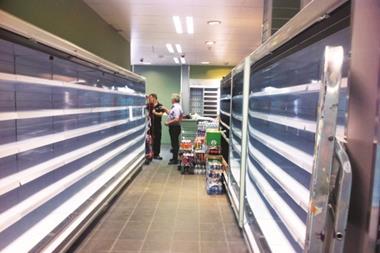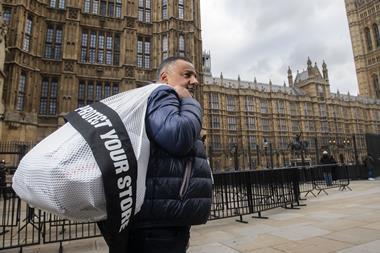C-stores' investment levels decline 1.4% year-on-year

Investment levels at convenience stores declined 1.4% year-on-year, despite record financing for the last yearly quarter, according to data from the Association of Convenience Stores’ (ACS) investment tracker.
ALREADY HAVE A REGISTERED USER ACCOUNT? PLEASE LOG IN HERE
To read the full story join the ConvenienceStore.co.uk community today!
Registration is quick and easy and provides access to:
- Unlimited ConvenienceStore.co.uk articles
- Our great range of newsletters
- Content you’ve saved for later via the ‘my library’ feature
And much more…

























